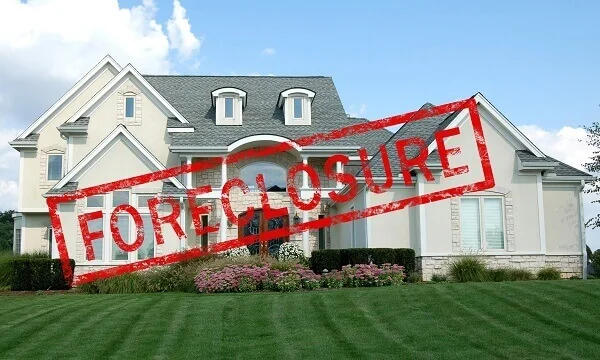attorneys discuss foreclosures and Home Owner Associations
National real estate experts indicate the number of “zombie” foreclosures – properties still in the foreclosure process that have been left vacant – is down, particularly when compared to a few years ago. Experts in states like California point to the decline in zombie foreclosures as further evidence that the housing market has weathered the storm of the subprime crisis.
Yet, in those situations in which the distressed property is part of a homeowner’s association (HOA) or other community maintenance group, problems remain. Unpaid assessments continue to mount and the property often deteriorates. What can be done? While generalizations are always difficult when discussing real estate, some common points can be offered.
Zombies Are Often the Product of Extreme Caution
For HOAs and other groups, a first step in dealing with zombie foreclosures is to understand their origin. Zombies are most often the product of caution on the part of the lender. After being criticized for moving homeowners through the foreclosure process too quickly, some lenders have taken the opposite track. The lender may also be concerned with the following issues:
• Defects in the loan documents; and
• Unwanted carrying costs – When the housing market crashed in the years following the 2008 financial crisis, it became difficult for some banks to sell foreclosed properties. To avoid taking on the financial burden of additional bank-owned properties, some lenders stopped taking back properties through the foreclosure process. In those cases, title to the non-performing property remains with the delinquent owner.
HOA May Choose to Foreclose its Interest in Property
Some HOAs and community associations have decided to fight fire with fire. In the face of a stalled foreclosure by a lender, they are exploring the option of foreclosing themselves. Depending upon the legal documents that underpin the HOA, and depending further upon the condition and value of the property, the HOA can sometimes institute foreclosure because of the unpaid maintenance and community fees. While any purchaser would take subject to the lender’s mortgage, there may be sufficient equity to recoup what is owed to the HOA. It may also be just the thing to spur the lender into action and rid the community of a blighted property.
CKB VIENNA LLP: Experienced Attorneys
Is there a “zombie” in the neighborhood? Has a property sat vacant for some period, with little or no activity on the part of the lender? Does your HOA have other properties that are occupied, but which are significantly behind on HOA payments? It may be time to begin a proactive effort to make things right. Because the attorneys at CKB VIENNA LLP have such a broad financial services practice, the firm has the experience to provide lenders, HOAs, and others with in-depth advice regarding the California foreclosure process. We have helped financial clients and community organizations with all types of legal issues regarding real estate. We can provide a dispassionate perspective when it comes to dealing with blighted real estate and other common concerns. Our team understands the complexity of the issues and stands ready to represent you aggressively. We have offices in Rancho Cucamonga, San Bernardino, and Los Angeles. Contact us by telephone at 909.980.1040 or complete our online form.

